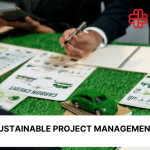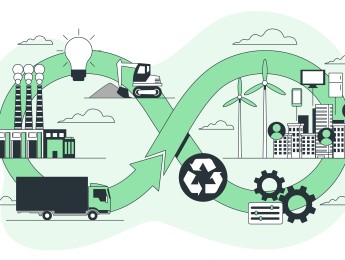The Sustainable Agriculture and Farm Management course is designed to equip participants with the latest knowledge and skills necessary to manage agricultural operations sustainably. This course covers various topics, from sustainable farming practices to advanced management techniques, aiming to foster environmental stewardship and economic viability.
Upon completion of this course, participants will be able to:
- Understand the principles of sustainable agriculture.
- Develop skills in soil and water management to enhance productivity.
- Implement sustainable crop and livestock management techniques.
- Apply business management strategies to improve farm profitability.
- Foster an understanding of environmental regulations and certifications.
This course is intended for:
- Farmers and agricultural managers looking to adopt sustainable practices.
- Agricultural consultants and advisors.
- Policymakers and regulators in the agricultural sector.
- Entrepreneurs and business leaders in the agri-business sector.
- Researchers and academics in agricultural sciences.
This course employs a blend of interactive lectures, practical hands-on sessions, group discussions, and case study analyses. Participants will engage in practical applications and real-world problem-solving exercises to solidify their understanding and apply concepts to their own operations.
Day 5 of each course is reserved for a Q&A session, which may occur off-site. For 10-day courses, this also applies to day 10
Section 1: Principles of Sustainable Agriculture
- Understanding sustainability in the agricultural context
- Environmental, economic, and social pillars of sustainability
- Global trends and challenges in sustainable farming
- The role of policy and international frameworks (FAO, UNEP, SDGs)
Section 2: Sustainable Farming Practices
- Soil health management and conservation techniques
- Water-efficient irrigation systems and resource management
- Organic and regenerative farming methods
- Integrated pest management (IPM) and biodiversity preservation
- Crop rotation, agroforestry, and carbon sequestration practices
Section 3: Farm Management and Planning
- Strategic planning for sustainable farm operations
- Budgeting, cost control, and financial planning in agriculture
- Supply chain management and traceability systems
- Risk management and climate adaptation strategies
- Technology integration: precision farming, drones, and IoT applications
Section 4: Sustainable Livestock and Resource Utilisation
- Ethical animal husbandry and welfare practices
- Efficient feed and waste management systems
- Renewable energy use in farm operations (solar, biogas, wind)
- Circular economy approaches in agriculture
- Reducing greenhouse gas emissions from livestock production
Section 5: Market Access, Certification, and Policy Alignment
- Sustainable certification schemes (Fairtrade, Rainforest Alliance, Organic)
- Value chain development and sustainable marketing strategies
- Government incentives and international funding opportunities
- Monitoring and evaluation of sustainability performance
- Building partnerships for sustainable agricultural development
Upon successful completion of this training course, delegates will be awarded a Holistique Training Certificate of Completion. For those who attend and complete the online training course, a Holistique Training e-Certificate will be provided.
Holistique Training Certificates are accredited by the British Assessment Council (BAC) and The CPD Certification Service (CPD), and are certified under ISO 9001, ISO 21001, and ISO 29993 standards.
CPD credits for this course are granted by our Certificates and will be reflected on the Holistique Training Certificate of Completion. In accordance with the standards of The CPD Certification Service, one CPD credit is awarded per hour of course attendance. A maximum of 50 CPD credits can be claimed for any single course we currently offer.
- Course Code IND6 - 104
- Course Format Classroom, Online,
- Duration 5 days













